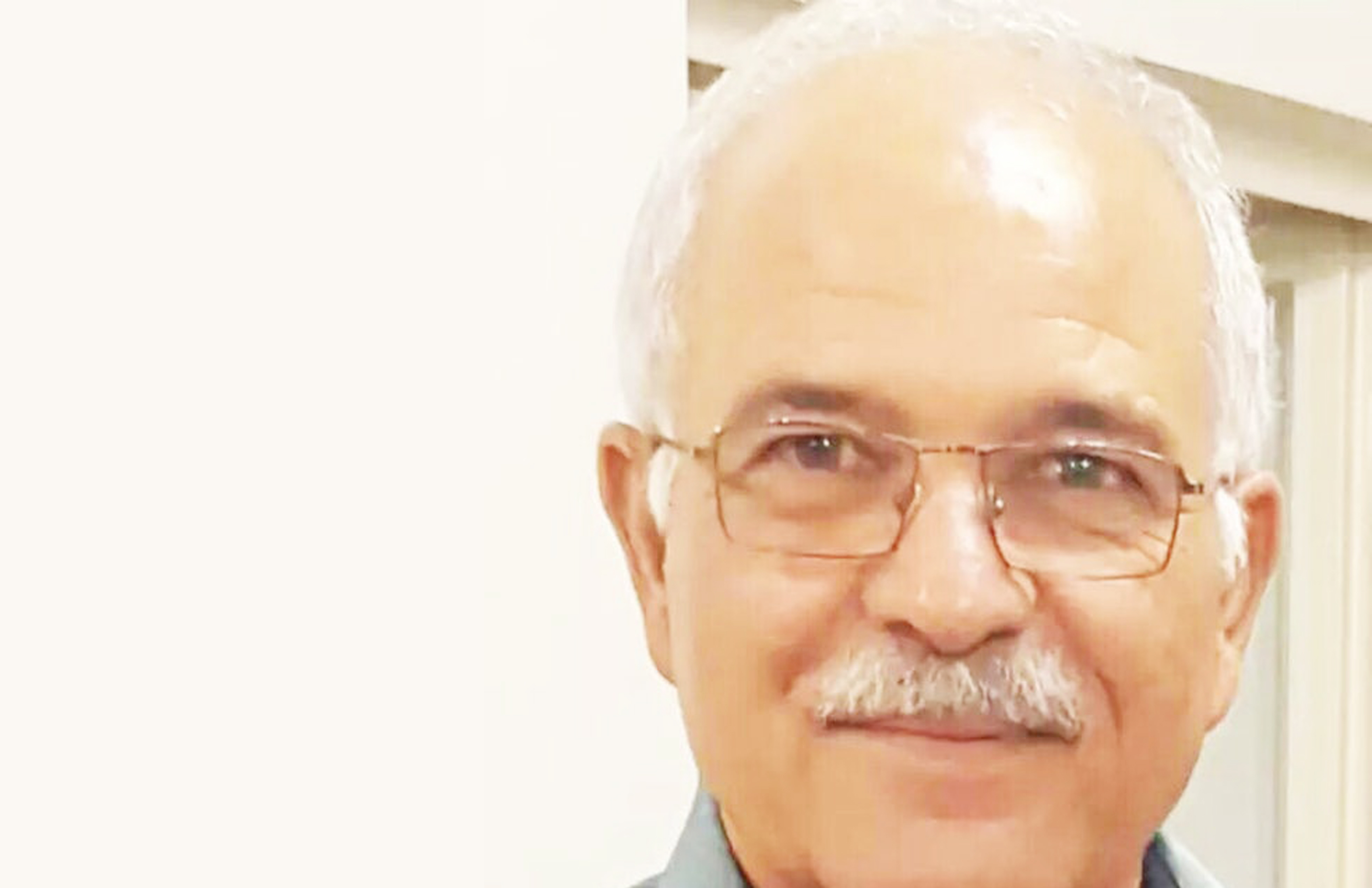Source: www.bic.org

Mr. Amiri, 63, was murdered outside his home on 26 September 2016 in the city of Yazd, where his family had long resided. On the evening of the murder, the two men, who had come to his residence the night before under the pretense of wanting to purchase his vehicle, returned to ask for Mr. Amiri. When he came to the door, they violently stabbed him multiple times.
The two murderers, who are brothers, were apprehended by local shopkeepers as they tried to run away and were delivered to the police. During their subsequent interrogations and court hearings, they admitted to having killed Mr. Amiri because he was a Baha’i.
They disclosed that they were prompted to carry out this act by their religious beliefs and statements made by clerics that Baha’is are against Islam. The father of the two men is reported to have complained about a cleric who is responsible for radicalizing his two sons.
“We wanted to kill a Baha’i,” said one of the brothers when asked about the reason behind the murder. “I had heard that Baha’is are Muslims who have turned away from Islam, and they are apostates, and that the shedding of their blood is a meritorious deed.”
“Our aim was to kill a Baha’i, it did not matter who it was,” stated the other brother during another interrogation. The brothers even stated during interrogations that they would kill someone else upon release.
Despite the admission of murder, the court has now released the two men on bail.
“This development is appalling,” said Ms. Diane Ala’i, the representative of the Baha’i International Community to the United Nations in Geneva. “How could a fair justice system possibly allow two murderers who have admitted to killing an innocent individual because of his beliefs and expressed a willingness to do it again be released and allowed to live freely in society?”
An authority advised the family privately to drop the charges as otherwise “conditions would be made very difficult for them”. In addition to releasing the two men, the judge stated that according to Iranian law, even if the family did not drop the charges, the sentences handed down to the brothers would be very light.
In spite of this, there are increasing indications that the people of Iran in general support the rights of the Baha’is as equal citizens. “May the people of Iran,” Ms. Ala’i asserted “voice their desire for justice in the case of Mr. Amiri and reject to passively accept another instance of religiously-motivated hatred in their society.”
The Iranian Penal Code only makes mention of diya (blood money) and qesas (retributive justice) for Muslims and adherents of the three constitutionally recognized religious minorities of Christianity, Judaism and Zoroastrianism. It thus legally deprives Baha’is of the right to seek justice. It also encourages violence against them with impunity.
“What is outrageous is that an atmosphere exists which allows such heinous acts to be carried out,” added Ms. Ala’i. “The murder of Mr. Amiri is very clearly the result of years of hateful propaganda and incitement to hatred by the media and religious leaders against the Baha’is in Iran.”
In recent years, the number of articles, films and other anti-Baha’i materials has increased in Iran. In a media analysis undertaken by the Baha’i International Community between 2013 and 2016, over 20,000 such items were documented. In addition, hundreds of religious sermons have been delivered across the country warning the public against associating with Baha’is and encouraging hatred and violence against them.
“The extensive negative propaganda against the Baha’is has been designed to inflame the public mind against a segment of the population,” said Ms. Ala’i. “And here, we see the very disturbing impact of these efforts.”
The most recent court hearing concerning the murder of Mr. Amiri took place on 3 May 2017. The trial happened behind closed doors.
“Representatives of the Iranian judiciary have time and again claimed in international fora that Baha’is are treated like all other citizens”, said Ms. Ala’i. “However, unfortunately, this latest decision of the court casts further light on Iran’s discriminatory laws against the Baha’is and the systematic deprivation of an entire community to basic legal protection. We hope that the court will overrule its decision to release the murderers of Mr. Amiri and will not let their act go unpunished.”
Leave a Reply